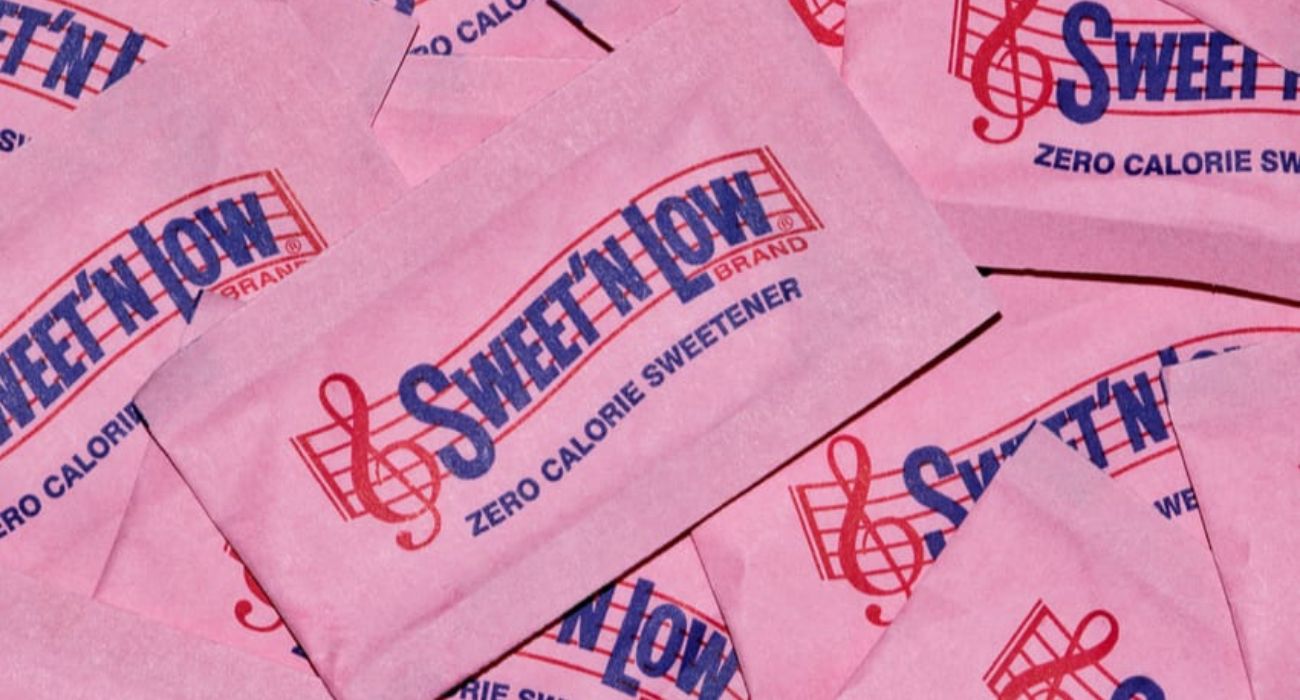Artificial sweeteners ranging from saccharin to erythritol can be found in countless everyday products, including toothpaste, soft drinks, dairy products, and chewing gum. How do we know which is healthiest?
Nowadays it is widely accepted that consuming high amounts of sugar can lead to negative health outcomes.
As The Dallas Express reported, a recent study appearing in The British Medical Journal found at least 45 different health problems linked to sugar.
Some of the health problems listed were more obvious, such as obesity and diabetes — the rates of which are surging across the United States, especially in North Texas. Others like depression and inflammation might take some people by surprise.
While the avoidance of sugar is a more modern endeavor, artificial sweeteners are not.
Saccharin was the first artificial sweetener ever. It was synthesized in 1879 and has up to 500 times the sweetness of table sugar.
Despite the long history of artificial sweeteners, there is actually little information about the long-term effects consuming them might have on the body.
One recent study also appearing in The British Medical Journal looked at food logs taken by over 100,000 participants and discovered that the consumption of artificial sweeteners did seem to correlate to an increased risk of coronary heart disease.
The higher the levels of aspartame (NutraSweet, Equal, Canderel), acesulfame potassium (Sunett, Sweet One), and sucralose (Splenda) consumed, the greater the risk, as The Dallas Express reported.
On the other hand, some animal studies linking artificial sweeteners to increased cancer risk — especially of the bladder — have not been supported by more recent human studies.
Because of the lack of evidence that they cause harm, the U.S. Food and Drug Administration considers several artificial sweeteners safe for human consumption. These include aspartame, acesulfame potassium (Ace-K), sucralose, saccharin, neotame, and advantame.
It has also approved other sugar substitutes — natural or novel sweeteners — that are extracted from plants, such as monk fruit and stevia.
Most people turn to sugar substitutes when they are trying to lose weight. Yet a recent review conducted by the World Health Organization found that these sweeteners have no benefit in reducing body fat in the long term, as The Dallas Express reported.
With that being said, registered dietitian and nutritionist Jill Weisenberger suggested that instead of focusing on what we use to sweeten our food, we should be looking at how much, according to USA Today.
“The dose makes the poison,” Weisenberger told USA Today.
If you happen to have a sweet tooth and sugar substitutes are a necessary part of your life, this suggests it might be a good idea to mix it up.
“[Sweeteners] all have such different chemical structures, so they will all behave differently in the body,” Weisenberger told USA Today. “Adverse effects always come up with a dose amount … so anybody who’s concerned about the safety of it could sometimes use stevia, sometimes use sucralose and sometimes use monk fruit, just vary it around.”
Thus, the healthiest alternative to sugar may be any or all of its substitutes, just in moderation.







Trackbacks/Pingbacks